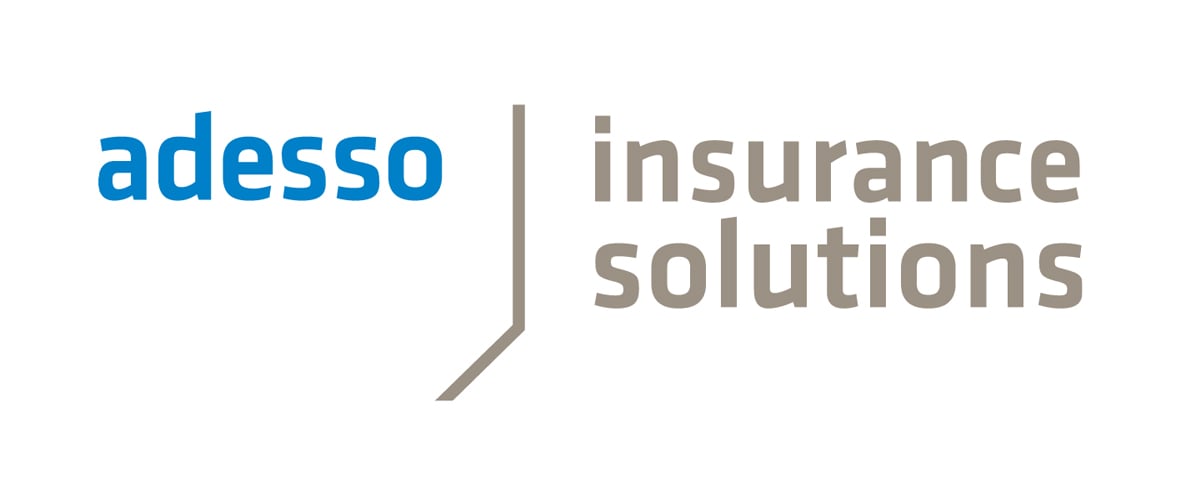The topic of AI is on everyone's minds – and our daily points of contact with AI are constantly increasing. Artificial intelligence will relieve us of the need to perform certain tasks, make our everyday lives easier and optimize our work processes. In the private sphere, each of us probably has the most noticeable points of contact with machine learning-based technologies. There are countless possibilities for creating a networked smart home, in which all technical devices adapt themselves to our personal preferences and habits. Everyone must decide for themselves whether this is always an advantage and offers added value.
However, the technological developments that are increasingly finding their way into our everyday working lives are especially exciting. Although human resources-related areas are not always considered to be the innovators of technology, they too are undergoing increasing change. Recruiting is especially confronted with the challenge of finding the right person for the right job from large data sets of potential applicants – ideally, the so-called "perfect match." The search often turns out to be very difficult. Recruiters use huge data bases, job exchanges and applicant management systems to find the people who have hopefully used similar terms in their profiles as in their own job advertisements, in order to find clues for the "match." This is a highly complex process that takes a lot of time. It is precisely here that AI-based tools can help improve search and matching technologies.
Reservations and the quality of the results
But self-learning systems also have their pitfalls, because they are only as good and reliable as the training data used to teach them and which make up the underlying standard. It is therefore understandable that many job applicants have some reservations when AI, in the form of algorithms, is used in the recruitment process.
In this case, a trained algorithm evaluates incoming job applications based on defined criteria and then makes a pre-selection. The important question here is whether this procedure can guarantee a fair assessment, taking into account a person's many possible individual characteristics and features. The company's quality requirements play a major role in training the AI accordingly by providing the right data in advance. Because the results can be ethically sound only if the training data is free of any potentially (deceptive) conclusions or discriminating factors. The quality of the decision-making process and the correct interpretation of the data must be ensured. This is a major challenge that companies have to face in order for AI to be able to provide the expected level of support for human resource management.
There are still many unanswered questions in this regard, as demonstrated by the founding of the HR Tech Ethics Committee at the beginning of this year, which has taken on the task of creating a fundamental ethical and moral understanding of the use of technology in HR. At the moment, complex processes, such as the selection of a candidate, are certainly in better hands with trained recruiting specialists who can use their wealth of experience to evaluate an application.
Job applicant usability
However, when implementing AI systems, simplifying human resource management is not the only issue on the agenda. Above all, the use of AI systems is intended to improve the process for job applicants. Companies with a simple and good application process can also collect plus points from the applicant as an employer.
When used in this way, AI-based systems can be of great benefit when looking for a job. It all starts with a search form on a job board. After applicants enter their desired job title, they receive a list of all possible matching current job offers, sorted according to additional personal selection criteria. Many job boards even provide proactive recommendations based on previous searches, on an individual search form, or on the applicant's stored CV. This can only work because the systems continuously analyze both the existing company advertisements and job applicant search behavior and extract patterns from this data and make the appropriate recommendations. Recruiting and staff marketing specialists also use this data to optimize their job advertisements and their selection of the appropriate keywords, so their advertisements can be found by the right candidates.
When applying for a job today, no one wants to go through the time-consuming process of manually entering all the data on their CV into an application form each time. AI-based tools use automated parsing, a form of document search, to find the relevant data from an applicant’s uploaded file and to enter the appropriate information directly into the predefined data fields in the applicant management database. This ensures that the application reaches the recruiting department in the best possible way and that it can be processed more quickly. The application can also be found within the system when matching queries are made for other open positions in the company, provided that the applicant has given his or her consent.
The usability concept can be extended even further by using chatbots in the hiring process. Chatbots are the result of the desire to make the initial contact with job applicants by means of dialogue and to be able to respond to specific questions about the application process around the clock. In other words, chatbots are able to respond whenever a potential candidate wants to apply for a job. In the meantime, AI technology has advanced so far that job applicants are not immediately aware of the fact that they are in contact with a non-human robotic colleague from the HR department. However, bots are not yet ready to replace actual personal contact.
In conclusion
Amid the whole hype about the technological possibilities of artificial intelligence, it should never be forgotten that staff selection is a sensitive interpersonal issue with a high level of emotional involvement. AI should primarily benefit applicants and recruiters, and not reduce a person to a number with standardized characteristics. However, AI can certainly provide valuable support, as long as it is monitored and guided by a human being and the meaningfulness of the results is constantly examined.



Do you have any questions or comments? Then please leave us a comment.